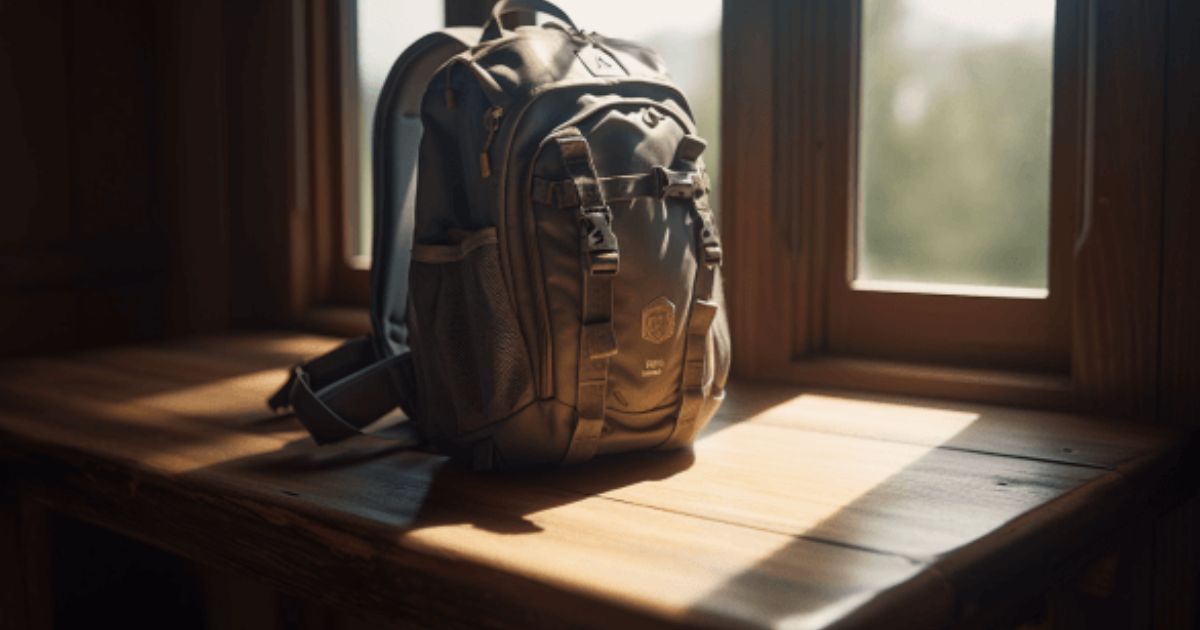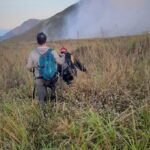1. Know Your Destination
Research the destination you plan to visit and plan your route accordingly. Look for online resources such as maps, blogs and online communities to get information about the terrain, trail information, weather conditions, water sources, and potential hazards.
2. Search For Contacts
Online sources may not be accurate or updated. Having contact persons on-site at your planned destination is important because they can provide up-to-date information about trail and weather conditions, local knowledge about the area, logistics and assistance in case of emergencies. These on-site contact persons could be your destinationās local tourism office, local police, and even local residents.

Harnessing the wealth of information available online and connecting with relevant people on-site can make all the difference in your adventure.
3. Get The Right Gear And Supplies
By gathering knowledge online and from contacts, you can determine the appropriate gear and supplies to bring along. Here are the 10 essential items you must bring:
- Backpack
- Clothing (for hot, rainy or cold weather)
- Footwear
- Water
- Food
- Navigation tools
- Communication tools
- Light source
- First aid kit
- Shelter

When you're going out for an adventure, the most important thing is to make sure that you have the 10 essentials.
Learn More About The 10 Essentials
4. Prepare Physically
Depending on the length and intensity of your adventure, you may need to prepare yourself physically. Start a training program that focuses on endurance, strength, and flexibility to ensure you are ready for the physical demands of the trip.

Prep your body for the adventure ahead! A good workout before your adventure can make all the difference in your stamina and endurance.
5. Learn Basic Outdoor Skills
First aid and survival skills are important for anyone who spends time in the wilderness. Online sources offer a wealth of information on these topics, including tutorials, videos, and forums. However, it's essential to seek advice from professionals to ensure you're learning the right skills and techniques.
By combining online resources and practical advice from professionals, you can gain the knowledge you need to better cope with emergencies in the wilderness.
Learn More About First Aid
6. Share Your Itinerary
Leave a detailed itinerary with a trusted friend or family member, including your planned route, expected return date, and emergency contact information. Stick to your itinerary as closely as possible and update your contact if any changes occur.
7. Save Important Contact Numbers
These numbers may include the local tourism office, police station, emergency services, even community members. Save as many as you can. Having these numbers easily accessible in case of an emergency can be critical in ensuring a quick and effective response.
8. Know How To Behave Appropriately
Wherever you are, from your home to natural areas and all the places in between, act respectfully towards the environment and people.
Learn More About The 12 Guidelines For Better Behavior








